Keywords: Australian Institute Of Health And Welfare
There are more than 24 results, only the first 24 are displayed here.
Become a subscriber for more search results.
-

AUSTRALIA
- Kerry Murphy
- 28 July 2023
How has Australia's asylum seeker policy changed over the past thirty years? The approach of every government has reflected the shifting political landscapes and challenging humanitarian issues that have continually shaped Australia's response to those seeking refuge.
READ MORE 
-

AUSTRALIA
- Melissa Halliday
- 13 July 2023
4 Comments
A Global Slavery Index report found the number of people living in modern slavery in Australia had more than doubled in the past four years. As incidents rise, so too does the nation's response, evidenced by an increase in reported cases and government funding.
READ MORE
-
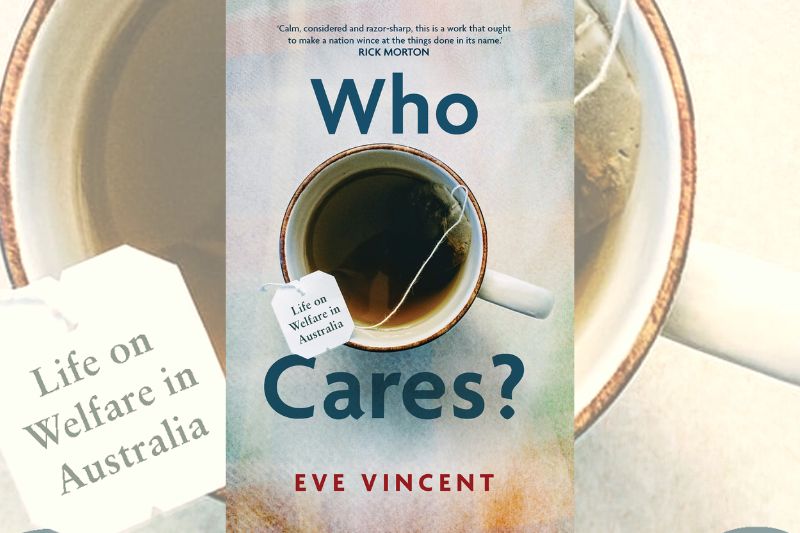
AUSTRALIA
Dr. Eve Vincent's book, 'Who Cares? Life on Welfare in Australia', provides an in-depth exploration of the intricate dance between power, control, and social policy, unearthing unsettling truths about our society's inherent power structures. This discourse further underscores the urgent need for a radical reimagining of our socio-economic systems.
READ MORE
-

ARTS AND CULTURE
- Andrew Hamilton
- 21 April 2023
Taking to the Field highlights overlooked women who made noteworthy contributions to science in Australia, despite gender-based limitations. This thought-provoking book delves into the complexities of gender and science, revealing a more nuanced and diverse history than previously assumed.
READ MORE 
-
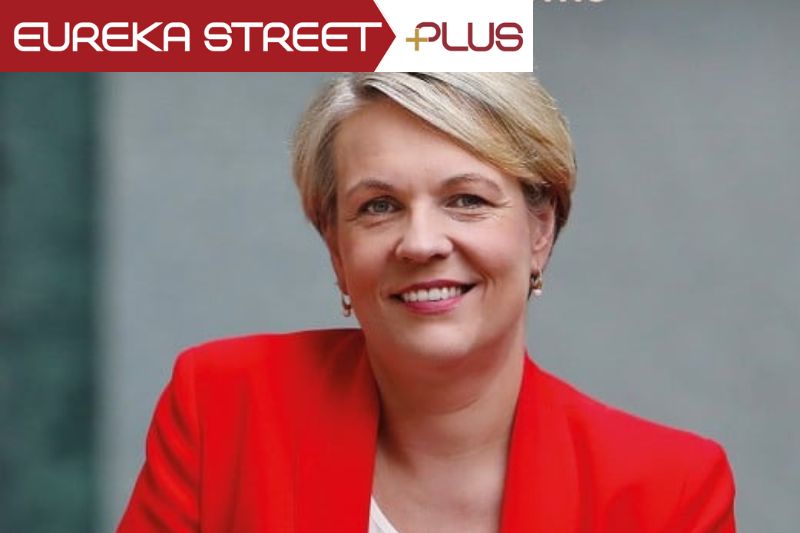
AUSTRALIA
- John Warhurst
- 31 March 2023
2 Comments
This life story of Tanya Plibersek, as told with great sensitivity and empathy by Margaret Simons, is a valuable reflection upon the engagement of a progressive modern woman with two of the great institutions in Australian history: the Labor Party and the Catholic Church.
READ MORE 
-

AUSTRALIA
- David Halliday, Peter Mares, John Falzon, Nicola Nemaric, Rae Dufty-Jones
- 18 November 2022
1 Comment
Despite rising interest rates and the recent dip in property values, Australia’s housing situation places it among the least affordable property market in the world. With a rise in homelessness and younger Australians locked out of an inflated housing market, what is the way forward for Australia?
READ MORE 
-
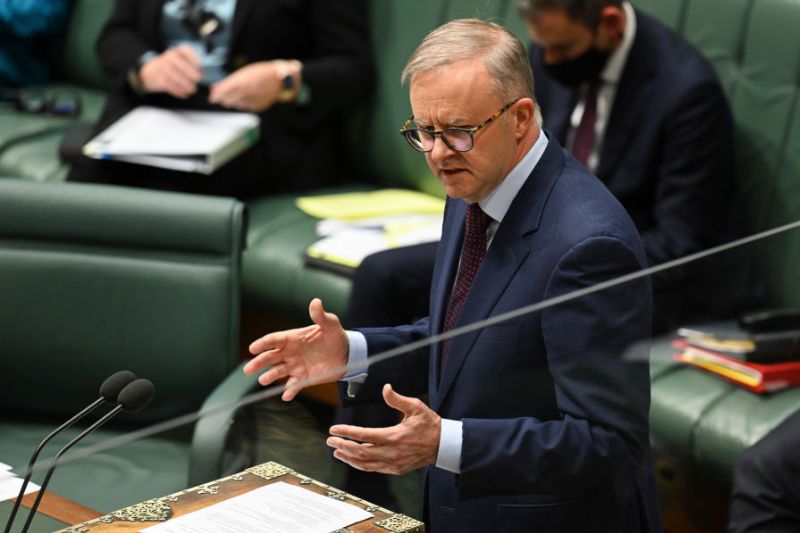
AUSTRALIA
- Frank Brennan
- 28 October 2022
6 Comments
In recent years, Australian policies in relation to asylum seekers and refugees have been unnecessarily mean, cruel and disorganised. The election of the Albanese government provides the opportunity for a reset, putting behind us the past mistakes of both Coalition and Labor Governments in the last 20 years.
READ MORE 
-
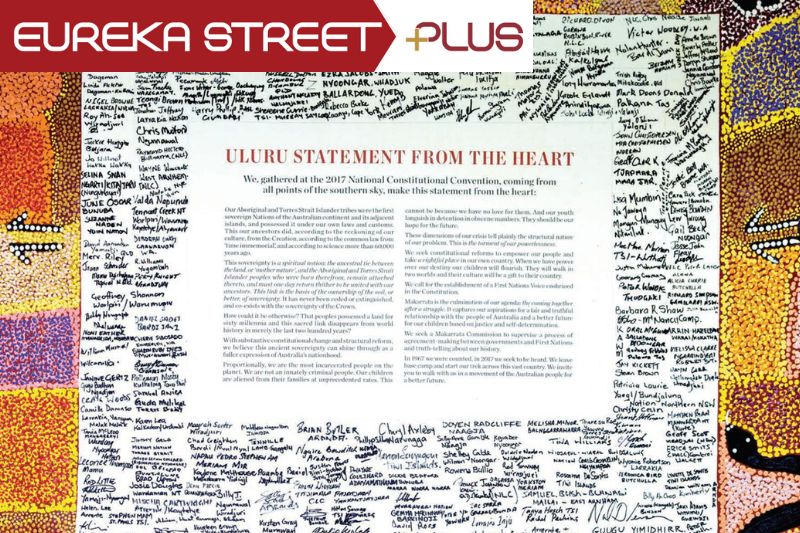
AUSTRALIA
- Frank Brennan
- 17 August 2022
2 Comments
We need to be able to do more than simply give notional assent to the Uluru Statement. We need to be able to contribute to the hard thinking and difficult discussions to be had if the overwhelming majority of our fellow Australians are to be convinced of the need for a Voice in the Constitution.
READ MORE 
-
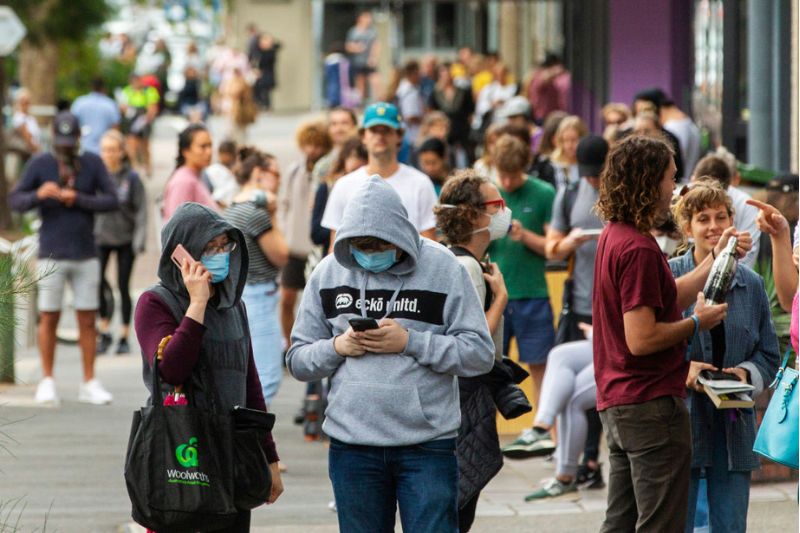
AUSTRALIA
- Barry Gittins
- 03 August 2022
1 Comment
History has repeatedly shown us that what gets us through a crisis, what helps us to recover and rebuild, is responding to it with prosocial behaviour ― working together, starting with our communities at the local level, and from there building mutually supportive relationships at and across every level of society.
READ MORE 
-

AUSTRALIA
- Francis Sullivan
- 20 June 2022
1 Comment
Despite last week’s decision by the Fair Work Commission to push up the national minimum wage by 5.2 percent, millions of Australians, in all parts of the country, will continue to live in poverty and on survival wages. The facts are that the Commission’s decision takes the minimum wage from $772 a week to $812, an increase of $5.70 a day, not a fortune but better than nothing.
READ MORE 
-
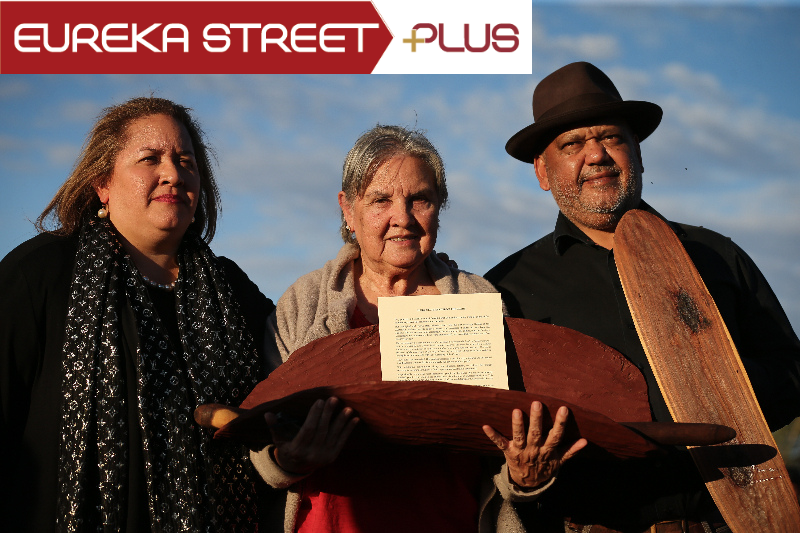
AUSTRALIA
- Frank Brennan
- 06 May 2022
5 Comments
Whoever is Prime Minister after the election on May 21, he will need to address the question of Indigenous recognition in the Australian Constitution. This is the sixth election in a row when the question has been a live, unresolved issue during the election campaign. The patience of Indigenous leaders is understandably wearing thin. Trust is waning. There is still no clear path ahead. So where to from here?
READ MORE 
-

INTERNATIONAL
- Binoy Kampmark
- 14 October 2021
13 Comments
With the world clearly divided between those vaccinated against COVID-19 and those who are not, ethicists, public health specialists and politicians have become more preoccupied by the prospect of booster shots.
READ MORE 